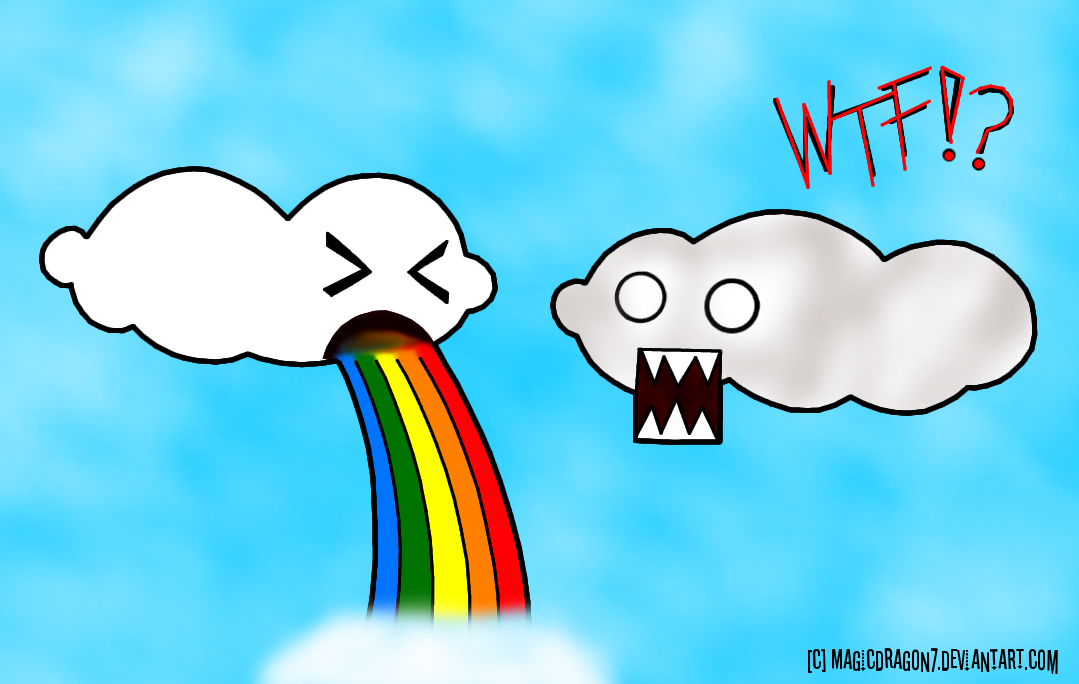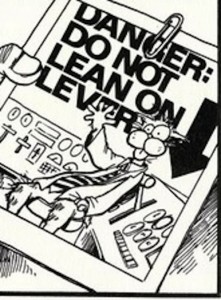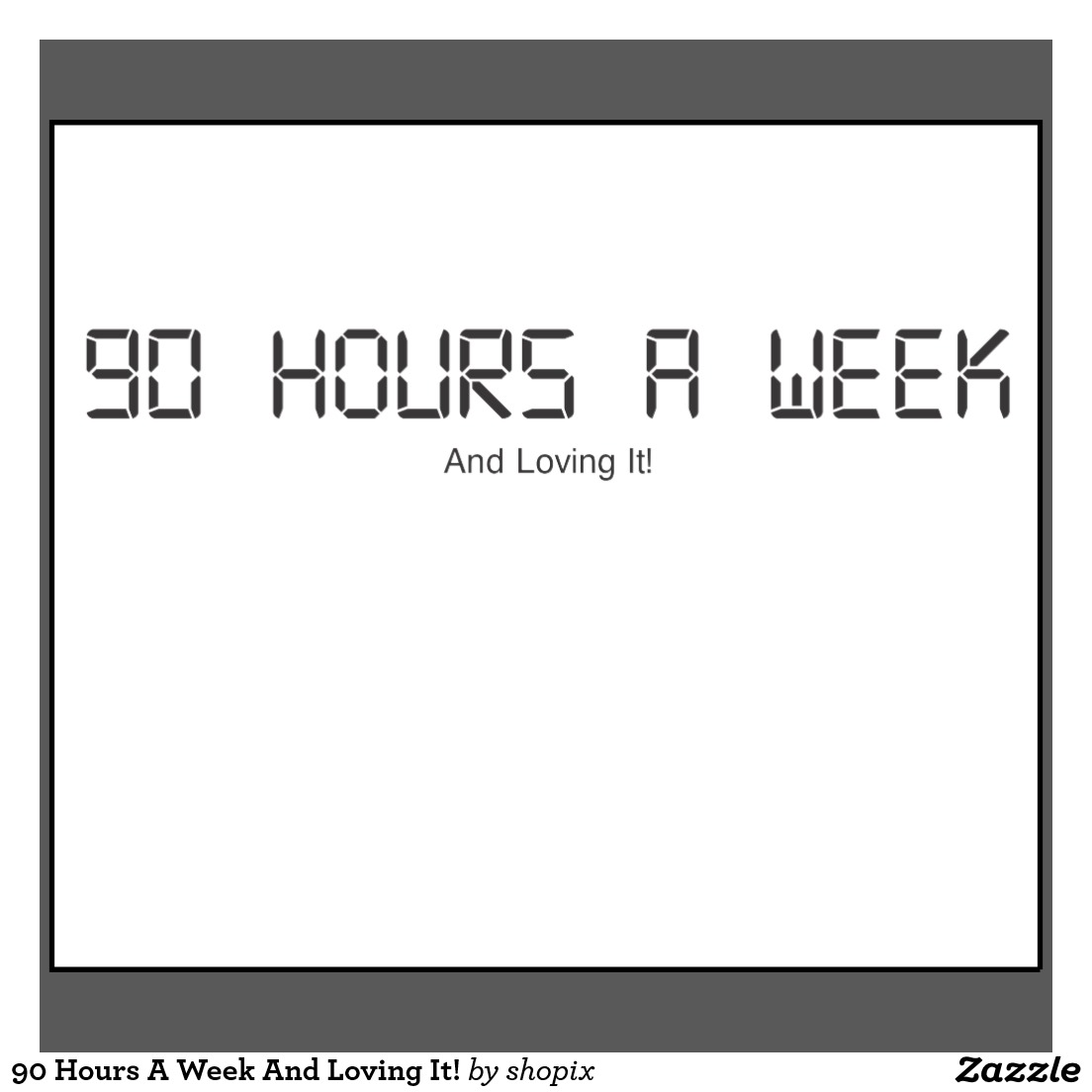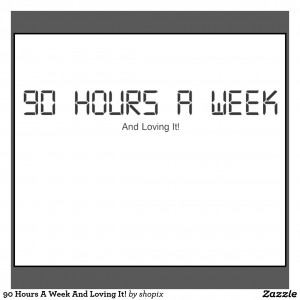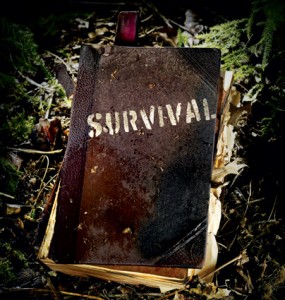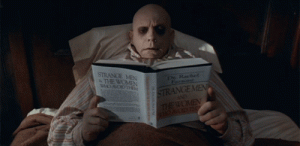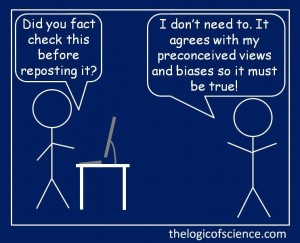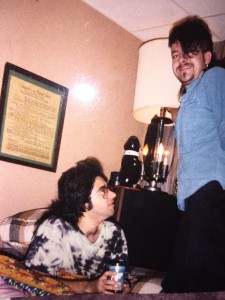Today, five news items to boost hope out there.
The Coronavirus Is Mutating Relatively Slowly
Some viruses, like flu, change quickly, making them harder to prevent through vaccines. So far, though, the coronavirus seems to be picking up only about two mutations each month. Flu makes changes about two or three times faster. This bodes well for efforts to make a vaccine that will be effective.
NPR
Coronavirus Slowdown in Seattle Suggests Restrictions Are Working
The coronavirus first appeared in the United States in the Seattle area and claimed 37 of its first 50 victims. But Seattle’s strict containment strategies, which put in place almost immediately, are having an effect. “Hospitals have so far not been overwhelmed. And preliminary statistical models provided to public officials in Washington State suggest that the spread of the virus has slowed in the Seattle area in recent days,” the New York Times reported.
NYT
Some Insurers Waive Patients’ Share Of Costs For COVID-19 Treatment
According to NPR, “insurers Cigna and Humana announced Monday that they would waive consumer costs associated with COVID-19 treatment. Last week, CVS Health announced a more limited change — that Aetna would waive costs to patients for hospital admissions related to the coronavirus.”
NPR
University College London and Mercedes F1 have made a breathing aid for coronavirus patients that sends oxygen to the lungs, reducing the need for a ventilator. It was created in less than a week, and 40 of them have already been delivered to several London hospitals. Other companies, including Rolls-Royce, BAE systems and Ford, have pledged to produce ventilators for the UK’s NHS.
BBC
Wuhan Partly Reopens After Lockdown
“The city in China where the coronavirus pandemic began, Wuhan, has partially re-opened after more than two months of isolation,” said the BBC.
“Crowds of passengers were pictured arriving at Wuhan train station on Saturday.
“People are being allowed to enter but not leave, according to reports.
“Wuhan, the capital of Hubei province, saw more than 50,000 coronavirus cases. At least 3,000 people in Hubei died from the disease.
“But numbers have fallen dramatically, according to China’s figures.”
I’ll post more stories like these as I find them.
BBC


